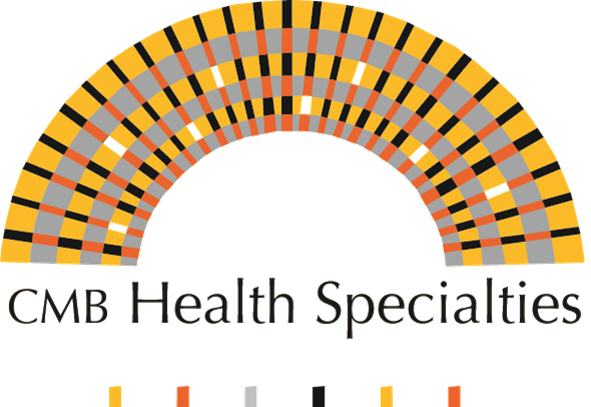Hormone support is not as simple as replacing “testosterone” or “estrogen,” for instance. There are 67 known human hormones which interact and interrelate with each other. There are thyroid hormones, sex hormones, brain hormones (neurotransmitters), stomach hormones, adrenal hormones, bone hormones and many others such as vitamin D and insulin. The integrative physician (and endocrinologist, for that matter) must have an in-depth understanding of all the hormones involved with the target hormone and their interactions. The world of hormone disruptors must also be taken into consideration.
When properly balanced, hormones provide good health, a vital appearance, restful sleep, stamina, mental clarity and enhanced immunity.
Thyroid
We’ll discuss thyroid first because it is impossible to overemphasize the importance of healthy thyroid function. Every organ, every tissue, every cell is dependent upon active thyroid hormone. Thyroid controls metabolism, energy, body temperature, circulation and heart health, joint health, and other vital functions. Thyroid balance is especially critical in conditions of lowered immunity.
Thorough examination and testing are essential to maximize thyroid function. Mineral status, adrenal function, intestinal health, yeast infections, medications, and illness interfere with thyroid function and the accurate measurement of thyroid hormones. This in-depth testing is routine at CMB Health Specialties.
As for support, most people feel best with “natural” thyroid replacement, while some patients prefer and do well with synthetic thyroid. We always respect each patient’s condition and preferences. We will also recommend supporting nutrients as needed.
Male & Female Hormones
Current lifestyles often interfere with hormone function. Men and women, young and old, can be at risk for hormone disturbances. While there are many hormone tests available, the right test must be chosen for each person.
Hormones may be replaced topically, orally, or by injection. We offer bio-identical hormone replacement because it is a non-chemical way to balance hormones and to provide exact dosage requirements.
Poor libido may have unexpected origins in imbalances of other hormones such as thyroid, adrenal, insulin, serotonin or dopamine.
Hormone Replacement Comparison
Integrative Sex Hormone Replacement
Bio-Identical/Plant source-plants actually contain active estrogens, progesterone, testosterone
Blood and/or salivary testing to determine need and dosage
Compounded to precise need
Bio-Identical hormones detoxify in a few hours
Conventional Sex Hormone Replacement
Synthetic/lab source (non Bio-Identical)
Minimal or no hormone testing: treatment based on symptoms
Dosage choices limited - difficult to achieve exact need
Synthetic (non Bio-Identical) is difficult to detoxify
may persist 6-12 months in body
For example:
Premarin® (pregnant mare urine) contains 14 estrogens; people have 3 estrogens.
Adrenal HORMONES
Adrenal hormones include cortisol, adrenaline, noradrenaline, aldosterone, DHEA, and pregnenalone. 80% of cortisol is cortisone.
Cortisol is a steroid-hormone made from cholesterol. Cholesterol is necessary for the production of most hormones. Too little cholesterol restricts production of the adrenal hormones. Additionally, too little cholesterol is related to illness, aging, psychiatric conditions, Alzheimer’s, autoimmune disease and heart disease.
The first role of cortisol in humans is to release sugar for energy in stressful circumstances. (High and low blood sugar are related to adrenal function.)
The second role is to reduce inflammation.
The adrenals maintain male and female hormones after andropause and menopause.
Adrenal disorders:
May lead to high or low blood pressure, memory loss, diabetes, infertility, mood disorders and heart disease.
Symptoms of adrenal weakness include fatigue, weight gain, hypoglycemia, and decreased libido.
Symptoms of adrenal stress include insomnia, night sweats, binge eating, high blood pressure, irritability, daytime fatigue and “the tired and wired” syndrome.
Testing:
Testing depends on the mode of delivery. Topical hormones requires 24-hour salivary testing. Injection and oral hormones may be tested using a blood test.




